Kotlin
The Modern Language Officially Endorsed by Google for Android
Introduction to Kotlin
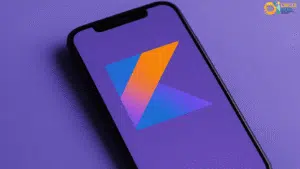
Kotlin is a modern programming language developed by JetBrains in 2011 and officially adopted by Google in 2017 as one of the primary languages for Android app development. Kotlin aims to enhance the app development experience by offering features that are simple and efficient, making it an attractive choice for developers.
Kotlin interoperates easily with Java, which helps developers transition from Java to Kotlin without needing to rewrite much existing code. Kotlin was designed to be safer than Java, featuring mechanisms that help reduce common errors such as the NullPointerException. In addition, Kotlin supports both object-oriented and functional programming paradigms, giving developers flexibility in how they write code.
Kotlin also includes a rich set of libraries and extensions that simplify application development, along with broad support from the developer community. This support has increased its popularity and adoption across many projects. Kotlin provides concise ways to express data and functions, reducing the amount of code needed to complete tasks and improving readability and comprehension of developed applications.
In short, Kotlin has become an ideal choice for developers seeking to build high-quality Android apps more efficiently and safely. Thanks to its many advantages and ease of use, Kotlin represents the future of smartphone app development.
The History and Evolution of Kotlin
Kotlin is a modern programming language developed by JetBrains, with its first version released in 2011. Since then, Kotlin has become a popular option among developers thanks to its smooth interoperability with Java, making it particularly suitable for Android app development. Over the years, new features have been added, strengthening its position in the programming world.
In 2017, tech giant Google announced official support for Kotlin as a language for Android development, marking a major shift in the developer community. This support included integrated tooling for developers, making Kotlin an attractive option for its clear syntax and shorter code. Google’s endorsement had a significant impact on Kotlin’s adoption rate, and it is now used by a wide range of companies and independent developers worldwide.
A standout point in Kotlin’s history is the launch of Kotlin Multiplatform, which enables developers to share a single codebase across multiple platforms, increasing efficiency and reducing overall development time. Additionally, a variety of open-source libraries and projects have helped drive Kotlin’s use and opened the door to more innovation.
More than a decade after its launch, Kotlin has proven itself as a leading language for software development, used in numerous projects and embraced by a large number of developers. JetBrains continues to improve Kotlin, reflecting its commitment to meeting the needs of a growing developer community.
Kotlin’s Advantages
Kotlin is a modern programming language with a set of unique features that make it a preferred choice for Android development. First, readability and ease of writing are among Kotlin’s most prominent advantages. Thanks to its simple and clear syntax, developers can write less code compared to other languages, which makes code easier to understand and maintain. Moreover, advanced features such as optional patterns and delegated properties/functions simplify programming and boost developer productivity.
Second, Kotlin focuses on performance. It is designed to be fast and efficient, making it suitable for applications that require high performance. Efficient memory usage and fast execution help deliver an excellent user experience—an essential advantage in the mobile world where apps are expected to run smoothly without interruptions.
In addition, Kotlin offers strong support for functional programming, giving developers the ability to use more expressive and less error-prone paradigms. Functional techniques allow developers to write code that is more powerful and flexible, enhancing the ability to process data in innovative ways. This support improves developers’ overall experience, making it easier to handle complex data flows and improve software quality.
Ultimately, these advantages make Kotlin an appealing language that helps developers boost productivity and reduce potential errors, contributing to a satisfying user experience. These unique characteristics underscore Kotlin’s capabilities and confirm its status as Google’s official choice for Android development.
Kotlin vs. Java
Kotlin and Java are both leading languages for Android app development, and each has proven effective in different environments. Although Java has long been the most famous language, Kotlin introduced a collection of improvements that enhanced its effectiveness and ease of use. Comparisons between Kotlin and Java typically consider performance as well as ease of reading and writing code.
Regarding performance efficiency, Kotlin is designed to use resources more effectively. It’s a practically optimized language that can reduce programming errors, resulting in better app performance. By contrast, Java can sometimes be more verbose and repetitive, which may increase the likelihood of mistakes.
As for ease of use, Kotlin is simpler because it eliminates much of the boilerplate, such as explicit type and adapter declarations in many cases, positively impacting developer experience. Kotlin strikes a good balance between power and simplicity with a straightforward syntax and strong capabilities. In contrast, some developers find Java challenging due to more complex setups and strict structures, which can hinder development speed and innovation.
Looking at these aspects, it’s clear Kotlin has overcome many challenges developers faced with Java. Moving to Kotlin remains an attractive option for many development teams, offering higher efficiency and ease of use.
How to Get Started with Kotlin
Getting started with Kotlin is an exciting and rewarding experience for beginners in app development. To simplify the process, here are clear steps to explore this modern language officially endorsed by Google.
The first step is to install the right development tools. It’s recommended to download Android Studio, the integrated development environment that supports Kotlin. After installing Android Studio, open it, start a new project, and choose Kotlin as the programming language.
The next step is to write a simple first app. You can create the classic “Hello World” as a trial. Start by creating a new Kotlin file and enter the following code:
fun main() {
println("Hello, World!")
}
This simple code shows how to use Kotlin to write basic functions. Once written, you can run it directly from Android Studio, giving you a sense of achievement and progress in Kotlin app development.
For those who want to expand their Kotlin knowledge, many online resources are available. Check out Kotlin’s official website for comprehensive tutorials and learning materials. There are also courses on platforms like Udemy and Coursera to help beginners learn step by step. In addition, there are many Kotlin-focused communities on social media that provide support and advice.
In short, getting started with Kotlin involves installing the development tools, writing simple apps, and leveraging available learning resources. A passion for learning and continuous practice are the two main keys to mastering this exciting language.
Leveraging Kotlin in Android Projects
Kotlin is an ideal choice for developers seeking to build modern, efficient Android apps. It’s a contemporary language known for efficiency and ease of use, which is why many developers prefer it. One of Kotlin’s main advantages is reducing the amount of code required, allowing developers to write clearer, more productive code.
With Kotlin, you can take advantage of modern programming concepts such as functional programming, which helps improve code organization and reusability. For example, developers can easily create higher-order functions, making it easier to handle data collections more effectively. Kotlin also offers the safe call feature, which helps reduce NullPointerException errors—a common issue in app development.
To illustrate effective Kotlin usage, consider a simple example: creating a list of items and filtering it based on a condition. With Kotlin, you can write concise, clear code:
val items = listOf("apple", "banana", "kiwi")
val filteredItems = items.filter { it.startsWith("b") }
In this example, we created a list of fruits and then used filter to select items starting with the letter “b.” This demonstrates how Kotlin’s capabilities help you achieve development goals more efficiently and quickly.
Thanks to Kotlin’s strong integration with Jetpack and other Android development tools, it’s easy to adopt a hybrid approach that leverages both Java and Kotlin within the same project. This allows developers to gradually migrate existing projects to Kotlin, improving performance and user experience along the way.
Essential Kotlin Tools and Libraries
Because Kotlin is officially supported by Google for Android development, it boasts a wealth of tools and libraries that enhance the development experience. These libraries not only simplify programming but also improve app quality and efficiency.
Among the important libraries used with Kotlin is Koin, which handles dependency injection. Koin simplifies configuration and allows developers to comfortably apply functional programming styles. Retrofit is also a popular choice for interacting with APIs, providing a safe, easy-to-use interface for working with various servers.
There is also Coroutines, an outstanding tool for handling asynchronous operations in Kotlin. With Coroutines, developers can write code that’s easier to read and maintain, reducing complexity and boosting overall app performance. In addition, Room is an ideal solution for managing local databases, offering a safe and simple API for working with SQLite.
Finally, Jetpack deserves mention. It includes a modern set of tools that effectively support Android development with Kotlin. Jetpack helps developers overcome common challenges such as dealing with activity/fragment lifecycles and managing the UI efficiently.
These tools and libraries embody the importance of support and facilitation in Kotlin app development, making it the ideal choice for modern Android developers.
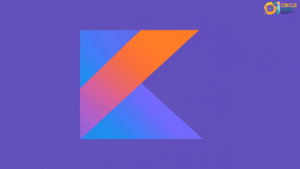
Kotlin Community and Support
Kotlin enjoys robust backing from a wide, collaborative community. This includes forums, online groups, and local/global events aimed at Kotlin developers. One well-known hub is the Kotlin community on Reddit, where programmers can ask questions, share projects, and exchange tips. There are also groups on platforms like Stack Overflow where Kotlin-related questions and challenges are discussed regularly.
JetBrains, Kotlin’s primary developer, provides valuable community resources via its official website, which includes comprehensive documentation and tutorials. Workshops and online events—such as KotlinConf—offer great opportunities for developers to connect and exchange knowledge and ideas. These events also provide chances to learn new techniques and innovations in the language, helping developers enhance practical skills for using Kotlin in their projects.
In addition, Kotlin has official support from Google, which has adopted it as a main language for Android app development. Google provides educational resources and helpful lessons for developers who want to learn Kotlin and use it effectively in the Android environment. This partnership strengthens Kotlin’s presence in the app development market and serves as a seal of quality and effectiveness. By engaging with this active, supportive community, developers can benefit from diverse expertise and sharpen their Kotlin skills—making it an ideal choice for building modern Android applications.
The Future of Kotlin
In recent years, Kotlin has grown increasingly popular, becoming the first choice for many Android developers. The language is expected to continue evolving to meet ever-changing market needs. With rapid technological progress, Kotlin remains flexible and capable of adapting to a wide range of applications and business requirements.
Kotlin is ideal for building safer, more user-friendly applications thanks to advanced features like compile-time type checking. This greatly reduces programming errors and boosts software development efficiency. The Kotlin community is also expected to keep expanding, with more libraries and tools supporting the language.
Moreover, Kotlin’s role in multiplatform development is becoming more prominent, enabling the use of the same codebase to build apps for both Android and iOS. This trend may open new doors for developers, allowing them to leverage their skills more broadly. With advancements like Kotlin Multiplatform, Kotlin’s future looks bright.
Ultimately, Kotlin will continue to shine as a core component of software development, meeting developer needs and improving app quality. With ongoing innovation, Kotlin is likely to become the primary choice for various software projects, ensuring sustainable growth in the broader world of programming and information technologies.
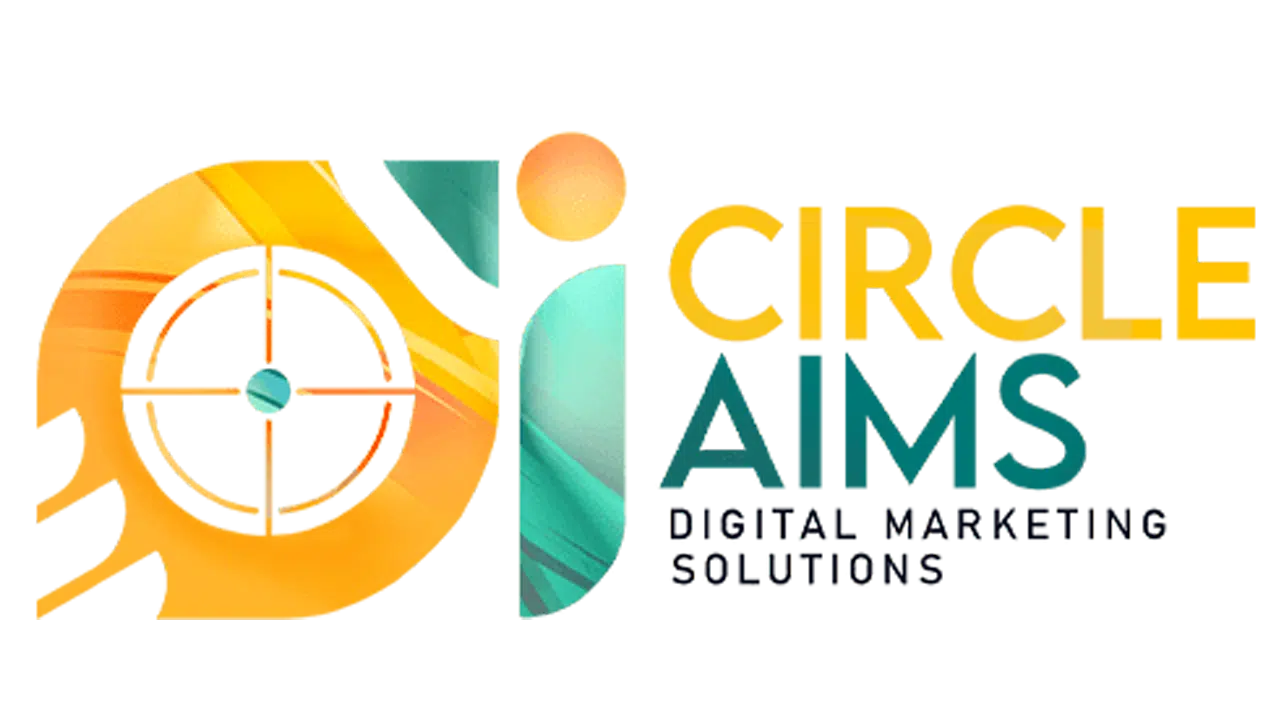
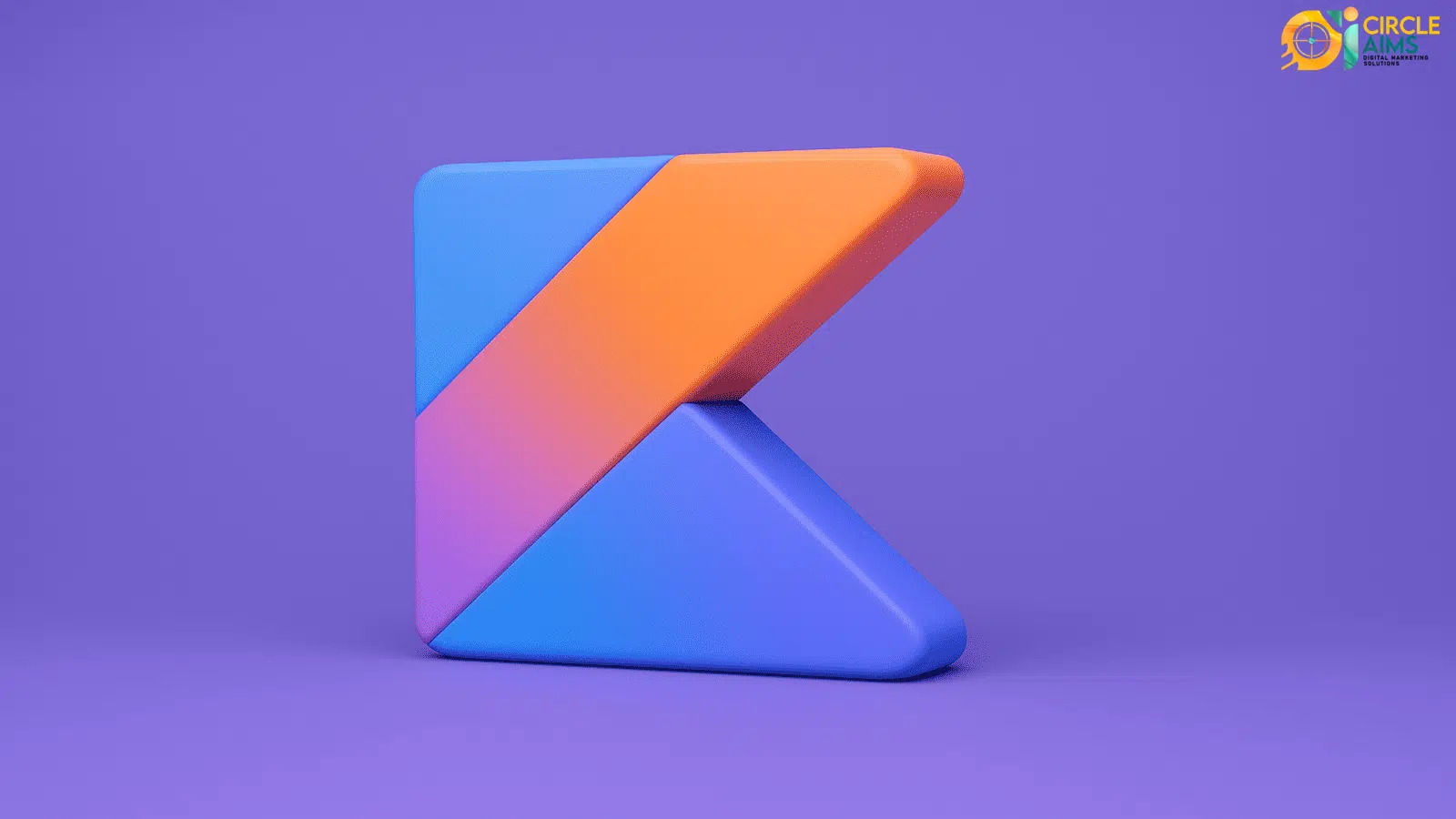
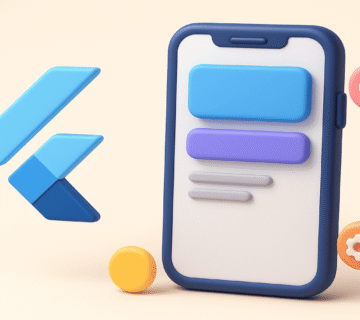
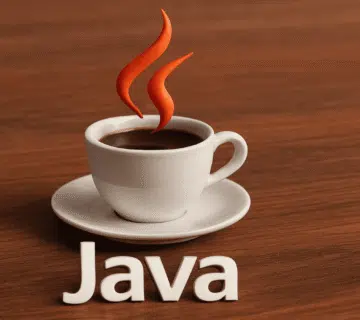
No comment